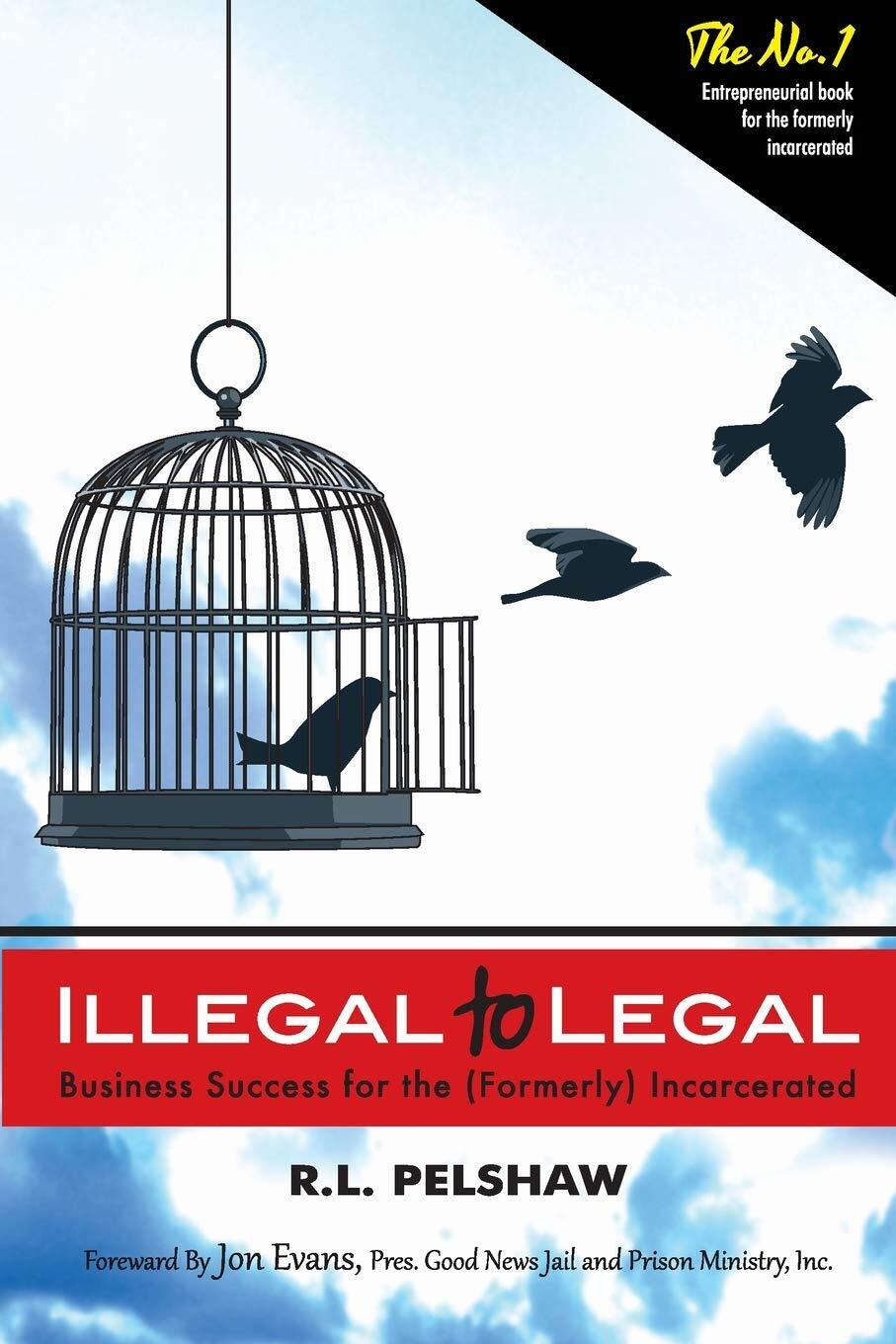Those tied closely to the profitable business of mass incarceration want you to think that early release increases crime. But does it? The Conservative Review’s article “Crime Surges in Oklahoma as Republicans Continue to Open Prison Doors” wants you to think so.
That article from Nov. 22 complained about Oklahoma Gov. Kevin Stitt’s release of 462 incarcerated citizens on Nov. 4. It used data from two years before the release to try to make the argument that releasing the incarcerated early will increase crime. Oklahoma has the dubious distinction of having the highest incarceration rate in the US.
I’m not here to argue their use of the data, or even if the article has merit, but there is a littany of evidence that the argument is spurious.
Early release doesn’t increase crime; not preparing people for re-entry does. So does employers not hiring someone with a criminal history. If that person returns to crime to support themselves when they can’t get a job, that increases crime. We know this happens. More than 80 percent of those who return to prison after release is unemployed at the time of arrest.
Think about it: If giving people longer and harsher prison sentences worked, then why has the highest recidivism rates occurred after the harshest sentences over the last 40 years? Why do countries like Norway and Sweden have some of the lowest recidivism in the world, and their sentences are far less harsh?
This blog isn’t arguing about sentencing (though it does need reforming). Harsh sentences, or light sentences, do nothing to create change in a person if they don’t have the tools to help themselves while locked away. Our system of just warehousing and punishing isn’t working. Norway and Sweden provide educational opportunities inside their jails and prisons to help give folks a different future upon release.
Returning citizens that have been educated while incarcerated have a recidivism rate that is a fraction of the national average. It’s ironic that the Conservative Review didn’t look to a study by the University of Oklahoma that indicates educating incarcerated citizens reduces recidivism. It’s data proves a strong return on investment of educational and job training for incarcerated citizens. Grass-roots non-profit groups like PEP (Prison Entrepreneurship Program), RISE! and Determination Incorporated provide entrepreneurial training and mentorship in and out of prisons. These programs have shattered the norms of recidivism with their graduates.
In the past, it was hard for some policymakers to justify providing people in jails and prisons the means for an education when the free world has to pay for their own. That argument fails when you compare the cost of incarceration against the cost of giving real education to prisoners, once you factor the recidivism lowering impact education provides.
Instead of complaining about people being released early, why not focus on efforts to prepare them for productive re-entry into society once released? Hasn’t the last 40 years proven that harsh sentences alone don’t work?






